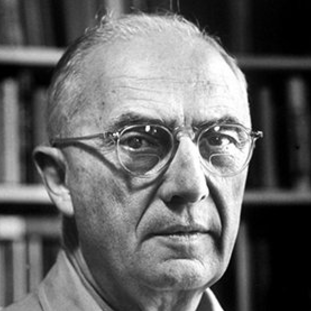The little sparrows
Hop ingenuously
About the pavement
Quarreling
With sharp voices
Over those things
That interest them.
But we who are wiser
Shut ourselves in
On either hand
And no one knows
Whether we think good
Or evil.
Then again,
The old man who goes about
Gathering dog lime
Walks in the gutter
Without looking up
And his tread
Is more majestic than
That of the Episcopal minister
Approaching the pulpit
Of a Sunday.
These things
Astonish me beyond words.
Published:
1917
Length:
Literary Movements:
Modernism
Anthology Years:
2023
Themes:
Nature
Poems of Place
Poems of the Everyday
Literary Devices:
Imagery
visually descriptive or figurative language, especially in a literary work
Juxtaposition
the fact of two things being seen or placed close together with contrasting effect
Personification
the attribution of human qualities to a non-human thing

